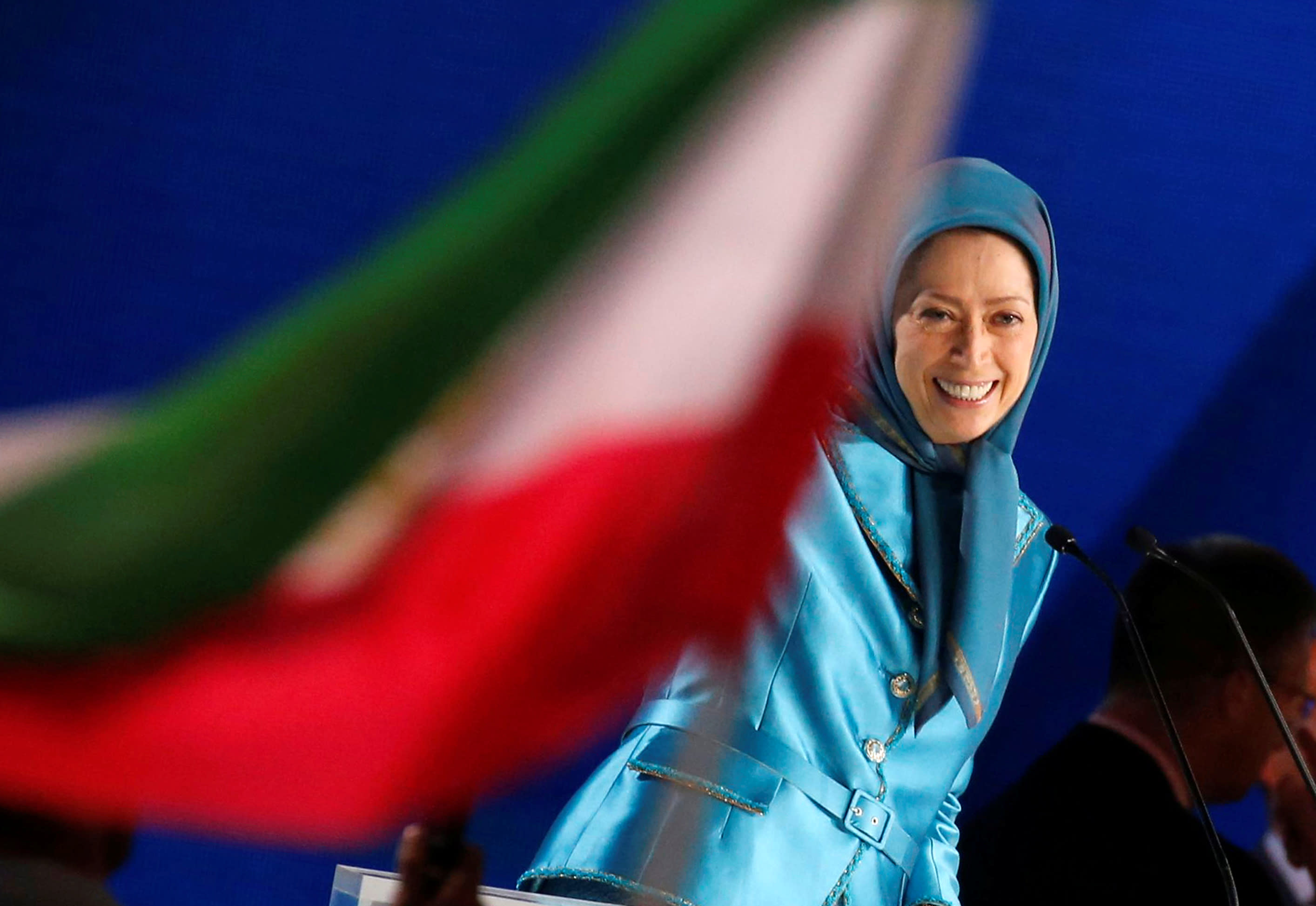Europe must impose political consequences for Iran’s terrorism
https://arab.news/r5n7u

The Iranian regime’s terrorism threat against Western interests has dramatically increased. Therefore, we should not allow the entire debate on the Iranian menace to be eclipsed by the nuclear issue.
The West’s Iran policies should put a healthy degree of focus on Tehran’s terrorism, which by all accounts is becoming more dangerous and unruly. In the most infamous example of this, in June 2018, Tehran tried to bomb an international gathering organized by the opposition group National Council of Resistance of Iran (NCRI) near Paris. The plot was foiled at the last minute, but it was a daring attempt that was different from previous incidents.
Tehran has carried out numerous acts of terrorism on foreign soil in the past. Thirty-seven years ago this month, for example, its agents drove a truck carrying 2,000 pounds of explosives into a US Marine compound in Beirut, killing 241 American service personnel. US courts ruled that the Iranian regime was behind the attack and ordered it to pay compensation.
However, close to nothing was done politically to hold the regime accountable for the 1983 blast. Naturally, regime officials became emboldened and, in July 1987, then-Minister of the Islamic Revolutionary Guard Corps Mohsen Rafiqdoost had the audacity to boast: “Both the TNT and the ideology which in one blast sent to hell 400 officers, NCOs, and soldiers at the Marines headquarters were provided by Iran.”
The 2018 terrorist plot had some major differences compared to previous plots. First of all, the domestic context was different and the regime carried out such an operation out of extreme fear and vulnerability in the face of growing protests. Secondly, the event that was targeted had in attendance tens of thousands of civilians and hundreds of high-profile Western lawmakers and former officials from the US, Europe and Arab countries. And, thirdly, an official diplomat, not a low-ranking intelligence operative or terrorist agent, was implicated in the plot.
The last point is perhaps the most important politically. That diplomat, Assadollah Assadi, will next month go on trial in Belgium. This will be the first time in modern history that an active diplomat has been tried for terrorism in Europe. Assadi is accused of personally delivering explosives and a detonator to two agents in a bid to blow up the NCRI rally. During his interrogation, much like Rafiqdoost, Assadi reportedly had the audacity to threaten Europe with more terrorist acts if the courts convict him.
What does all this mean? When faced with appeasement and inaction by the West, the Iranian regime becomes emboldened. Every time the regime has conducted terrorist acts, it seems to have done so with impunity. The West has done little or nothing to counteract it.
So, what should be done in regard to the 2018 bomb plot in France? First, it is important to understand that the regime is terrified of popular uprisings, such as the November 2019 protests that saw an enormous groundswell of public anger directed toward its corruption and destructive policies. In a harrowing response, Tehran killed 1,500 protesters in little more than a week and arrested and tortured thousands more. This fear of being overthrown is most likely what drove it to attempt to bomb the Paris demonstration.
In addition, while trying to respond to a more aggressive and fearful Iranian regime, Europe now stands at a crossroads. It can either continue with the same unproductive policies or it can avoid innocent deaths on its soil by adopting a firm policy vis-a-vis Tehran’s terrorism.
When faced with appeasement and inaction by the West, the Iranian regime becomes emboldened.
Dr. Majid Rafizadeh
The courts could prosecute not just an Iranian agent, Assadi, but the state itself, as the NCRI’s lawyers and high-profile civil complainants stressed during a virtual conference on the matter last week. There is reported to be evidence that the order to carry out the bombing was given by the highest authorities through the Supreme National Security Council. However, a judicial prosecution is simply not enough, as the Beirut bombing showed us. The more impactful response would be in a change in political stance.
Is Europe prepared to adopt meaningful political measures that send a rational message to Tehran that acts of terrorism on its soil will not be tolerated? If so, then it should perhaps heed the advice of NCRI President-elect Maryam Rajavi, which was outlined during last week’s conference. She called for the European authorities to blacklist the regime’s Ministry of Intelligence and the IRGC, both of which are responsible for numerous acts of terror in Europe; prosecute and expel agents of the Ministry of Intelligence and the Quds Force; and shut down the regime’s embassies and so-called religious outfits, which serve as logistical hubs for Tehran’s terrorism.
A lot hangs in the balance. If Europe were to shirk its responsibility, it would do a great disservice to its citizens and to the stability and security of the region and the broader international community.
- Dr. Majid Rafizadeh is a Harvard-educated Iranian-American political scientist. Twitter: @Dr_Rafizadeh








































